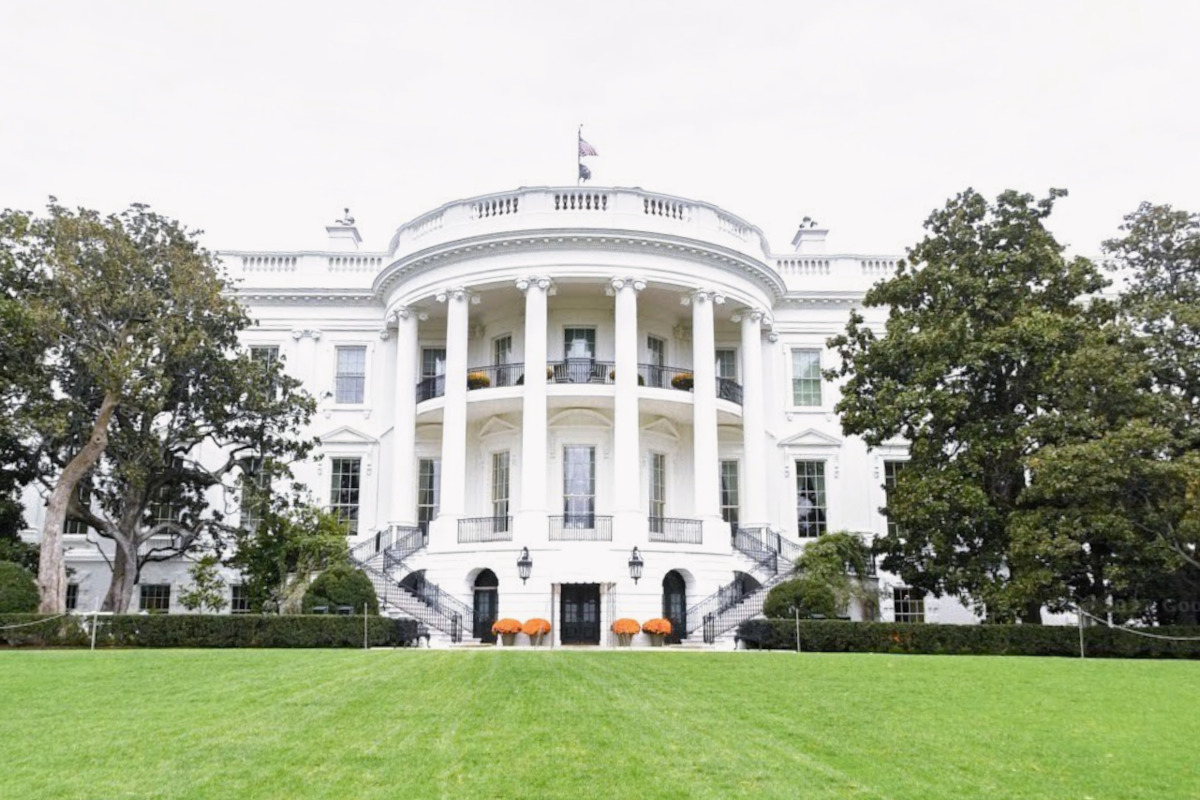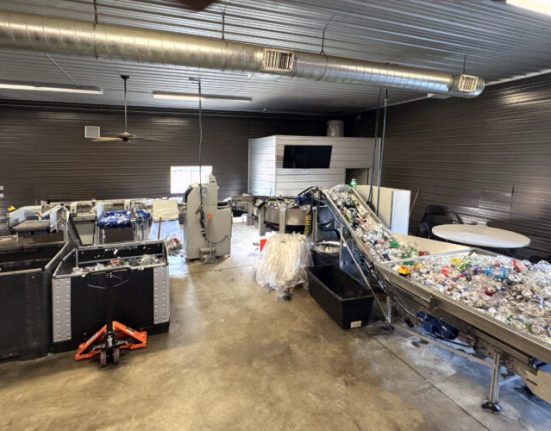President Signs Banking and Environmental Resolutions into Law. The president has signed into play two key pieces of legislation, which could significantly alter the landscape of banking and environmental regulations in the United States. As published by the White House, S.J. Res. 13 and S.J. Res 31 were enacted yesterday in a move that asserts the administration’s stance on federal oversight and industry accountability. Both resolutions received bipartisan support, reflecting a shared legislative focus on regulatory reform.
The first, S.J. Res. 13, directly challenges a rule set by the Office of the Comptroller of the Currency (OCC) of the Department of the Treasury concerning the review process for bank mergers. This measure strikes down guidelines that opponents say could result in less stringent reviews and potentially unwarranted consolidations in the banking sector. It’s return to a more robust review process is seen as a effort to maintain fair competition and prevent excessive consolidation in the industry.
On the environmental front, S.J. Res. 31 disapproves of a rule put forth by the Environmental Protection Agency (EPA) that dealt with the reclassification of major sources as area sources under Section 112 of the Clean Air Act. Critics of the rule argued that it could lead to increased pollution by allowing facilities to avoid stricter emission controls. Advocates for the resolution believe rescinding the rule reinforces the necessity of maintaining high standards for air quality and the health of American communities.
Industry analysts are closely monitoring the implications of these decisions. Banks and financial institutions are expected to reassess their merger strategies, while manufacturers and other large polluters will likely need to review compliance strategies to meet air quality regulations. These measures are a significant step by the administration to exercise its oversight in areas with profound implications for the economy and the environment.







